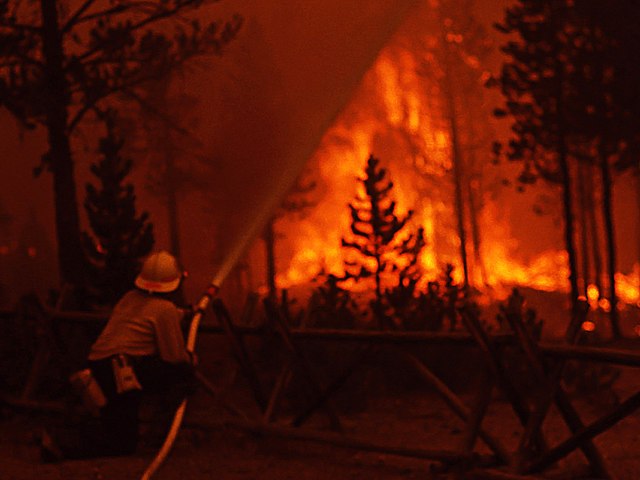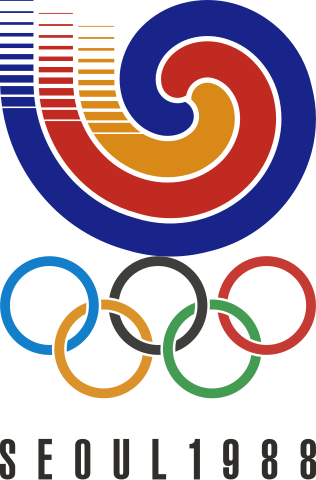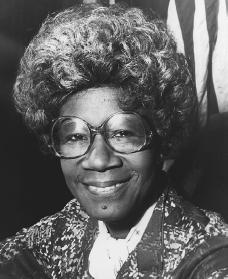Spring 1987- Unexpected Development

Structural diagram of zidovudine also known as azidothymidine (AZT)
With the arrival of Spring, there would come further changes and developments. The 1980s were in full-swing and Congress was in session. Unsurprisingly, both the Fair District Representation Act and the Fair Reapportion Act would be passed. As such, many became quite excited for the next round of elections as the various districts would be redrawn to be fair while also more House Rep positions would be created to accomodate the growing population. Combine that with the inevitable 1990 census and many saw it as the groundwork for a more modern America in political representation. In the meanwhile, other developments were being put into place. Talks of increasing the minimum wage were brought back to help further maintain the economic growth. Additionally, thanks to the success of the Affordable Medical Study Tuition Program in helping to get more students into the field of medicine without the concern of student loans or financial burdens, expansion to that and the creation of other potential programs were being considered. Law students have been working for such a thing and talks with Congress have been in development though the details remain sparse. One consistent talking point among that was the need for more public defenders.
Structural diagram of zidovudine also known as azidothymidine (AZT)
This was not the only developments going on right now in the world. The drug AZT would be approved by the United States Food and Drug Administration for use in the treatment of HIV/AIDS [1]. As research continues on with the troublesome virus, though many hope that with the AMST Program, that more people will be going into virology to further understand and study it in order to beat it. Meanwhile, Micheal Eisner and the Disney company have been looking further into a “Euro Disney” project though they have been delayed by detail negotiations and other phenomenon, such as deciding locations along with expenses and the differing cultures. Prime Minister Roy Hattersley would conduct an hour long interview over on Soviet television, doing so as a way to show himself in the public eye and gather more interest along with analyzing the diplomatics situation.
Other fascinating bits would be the return of Macau over to the PROC by 1999 as an agreement between them and Portugal. [1] Meanwhile, MetroFox Media would end up previewing one of their first future bits on MetroFox; over in the new Tracy Ullman show, a sketch comedy show that would become known for introducing the animated shorts for what would become the The Simpsons. The first Starbucks outside of the United States would open over in Canada and speaking of Canada, Prime Minister Mulroney and the Provincial Premiers continue to try and hammer out the principles on the Meech Lake Accord which would bring Quebec into the constitution, though execution issues caused to start lagging, especially with Mulroney only having a minority government. Overall, the world kept changing and as it did, people adapted and prepared for it. The Afghan-Pakistani War was already having the US and USSR into further talks as the war continued, with the topics being on potential intervention, the logistics surrounding it and the preparation for taking in refugees over from the war. However, while there was war… there was also the hope for peace.
————————————————————
[1]- Information and phrasing taken from here: https://en.wikipedia.org/wiki/1987
…
…
…
“MR. PRESIDENT! MR. PRESIDENT! SIR, IT’S ABOUT ISRAEL!”
Last edited:













